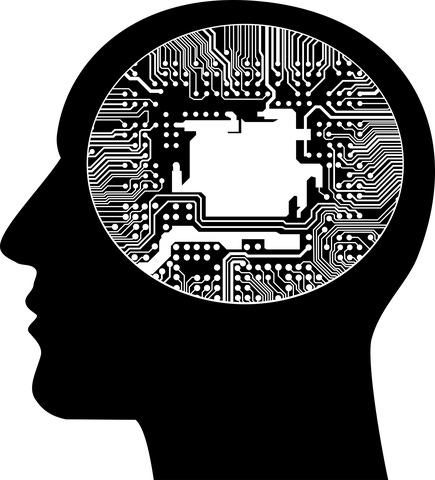Researchers have shown that machine learning methods carefully trained on standard MRI’s are more reliable and precise than established radiological methods in the treatment of brain tumors.
April 3, 2019

Researchers from Heidelberg University Hospital and the German Cancer Research Centre have developed a new method for the automated image analysis of brain tumors.
In their recent publication, the authors show that machine learning methods carefully trained on standard MRI are more reliable and precise than established radiological methods in the treatment of brain tumors. Thus, they make a valuable contribution to the individualized treatment of tumors. In addition, the validated method is an important first step towards the automated high-throughput analysis of medical image data of brain tumors.
One of the essential criteria for the precise assessment of the efficacy of a new therapy for brain tumors is the growth dynamic, which is determined by MRI. However, the manual measurement of tumor expansion in two planes in the contrast-enhanced MRI scans is prone to errors and leads to slightly different results.
"This can have a negative effect on the assessment of therapy response and hence the reproducibility and precision of scientific statements based on imaging," Martin Bendszus, Medical Director of the Department of Neuroradiology at the University Hospital in Heidelberg, said in a release.
In their current study, doctors and scientists from the University Hospital of Heidelberg and the German Cancer Research Center describe the huge potential of machine learning methods in radiological diagnostics. The team has developed neuronal networks in order to assess and clinically validate the therapeutic response of brain tumors on the basis of MRI in a standardized and fully automated way.
Using a reference database with MRI scans of almost 500 brain tumor patients at Heidelberg University Hospital, the algorithms were able to automatically recognize and localize brain tumors using artificial neural networks. In addition, the algorithms were trained to volumetrically measure the individual areas and to precisely assess the response to therapy.
About the Author(s)
You May Also Like


